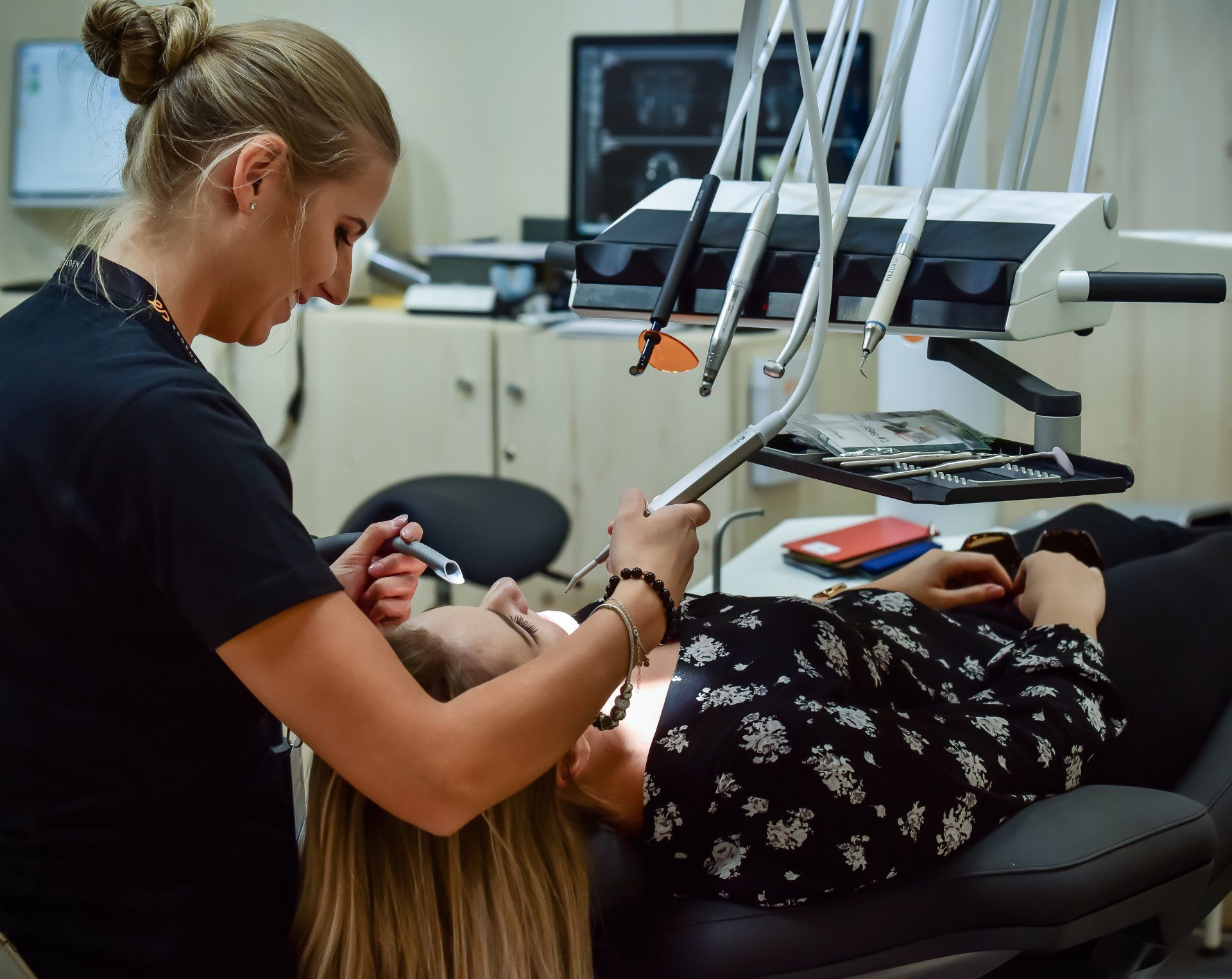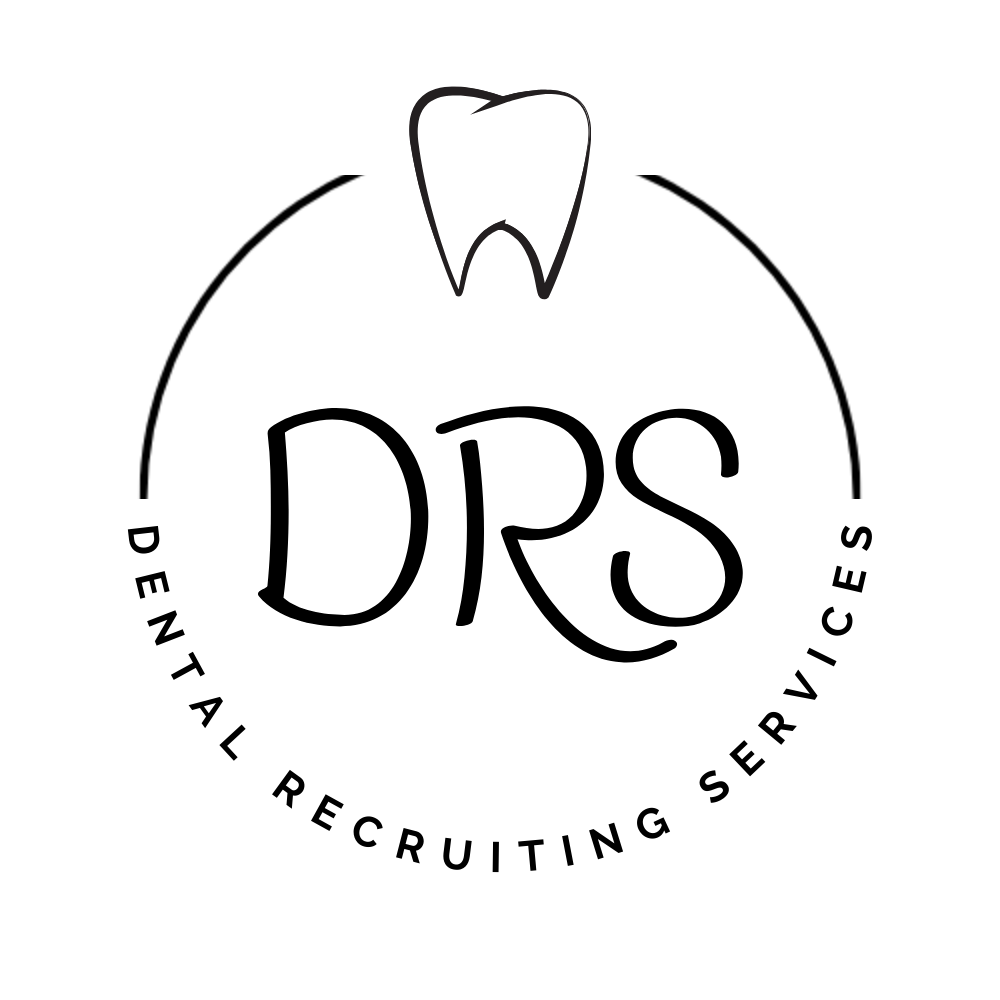Contact Information
Contact Us
Our Location
Follow Us
Which Type of Dentist Earns the Most? A Look at Opportunities for Recent Graduates.
Fresh out of dental school and stepping into the professional realm can be overwhelming, especially when you're uncertain about the potential salary ranges and opportunities. It's not just about filling cavities or crafting the perfect smile anymore; it's about making informed decisions that could significantly impact your financial future. So, which type of dentist gets paid the most? Let's dive in.

Oral and Maxillofacial Surgeons: The Top Earners
According to data from
www.inspiraadvantage.com, oral and maxillofacial surgeons are the pinnacle of the dental earning hierarchy. These specialists undergo rigorous training beyond dental school to perform intricate surgeries on the mouth, jaws, and face. Their expertise is often sought after in hospitals, private practices, and specialty clinics, justifying their higher salary range. Following closely behind are Dental Anesthesiologists, who specialize in providing safe and effective pain management during dental procedures.
| Dental Speciality | Average Annual Salary |
|---|---|
| Oral and Maxillofacial Surgery | $378,863 |
| Dental Anesthesiologist | $374,999 |
| Dentist Private Practice | $336,000 |
| Maxillofacial Prosthodontist | $336,000 |
| Orthodontist | $323,587 |
| Prosthodontist | $313,745 |
| Periodontist | $310,357 |
| Endodontist | $309,078 |
| Pediatric Dentist | $256,389 |
| General Dentist | $201,209 |
| Senior Dentist | $126,708 |
Private Practice: The Power of Entrepreneurship
While specializations play a significant role in determining a dentist's salary, owning a private dental practice can be a game-changer. Dentists who venture into entrepreneurship and own their practices tend to earn more, especially if they possess commendable business acumen. The potential earnings multiply for those who own multiple practice locations, as this provides a broader client base and more revenue streams. The key is not just being a skilled dentist but also an adept business person.
Starting Fresh vs. Transitioning: Making the Right Move
There are two primary routes for those looking to own a dental practice:
Starting Your Own Dental Practice:
This route offers the freedom to craft a brand-new vision, choose the location, and build a patient base from scratch. It's exciting but comes with its set of challenges, including initial setup costs and the effort to establish a reputation.
Transitioning an Established Dental Practice:
For those who prefer a head start, taking over an existing practice from a dentist looking to retire can be a lucrative option. You inherit an established patient base, staff, and potentially a recognized brand. It's a smoother transition but requires due diligence
to ensure the practice's health and profitability.
Comparison Chart: Starting Your Own Business vs. Transitioning an Established Practice
| Criteria | Starting Your Own Business | Transitioning an Established Practice |
|---|---|---|
| Initial Costs | High | Variable, depending on practice value |
| Patient Base | Starting from zero | Inherited, established |
| Reputation Building | Required | Possibly established |
| Operational Challenges | High (setup, staffing, etc.) | Lower (existing systems in place) |
| Risk | Higher | Lower, with proper due diligence |
Your Next Step with Dental Recruiting Services
Are you ready to embark on a journey towards a lucrative dental career, be it through specialization, starting your practice, or transitioning into an existing one? Dental Recruiting Services is here to guide you. Contact us today to learn about the myriad of transition opportunities awaiting you. Let's shape your dental career together,
call 800-582-7817.
About Dental Recruiting Services
From humble beginnings, Dental Recruiting Services has grown into a leading name in dental recruitment. Our success is a testament to our unwavering commitment to excellence and our ability to adapt to the ever-changing landscape of the dental industry. With a dedicated team of professionals and a vast network of candidates, we are well-equipped to meet the diverse needs of dental practices across the nation.
Contact Us
Follow Us
Get in Touch
Contact Us
We will get back to you as soon as possible.
Please try again later.
All Rights Reserved | Dental Recruiting Services



